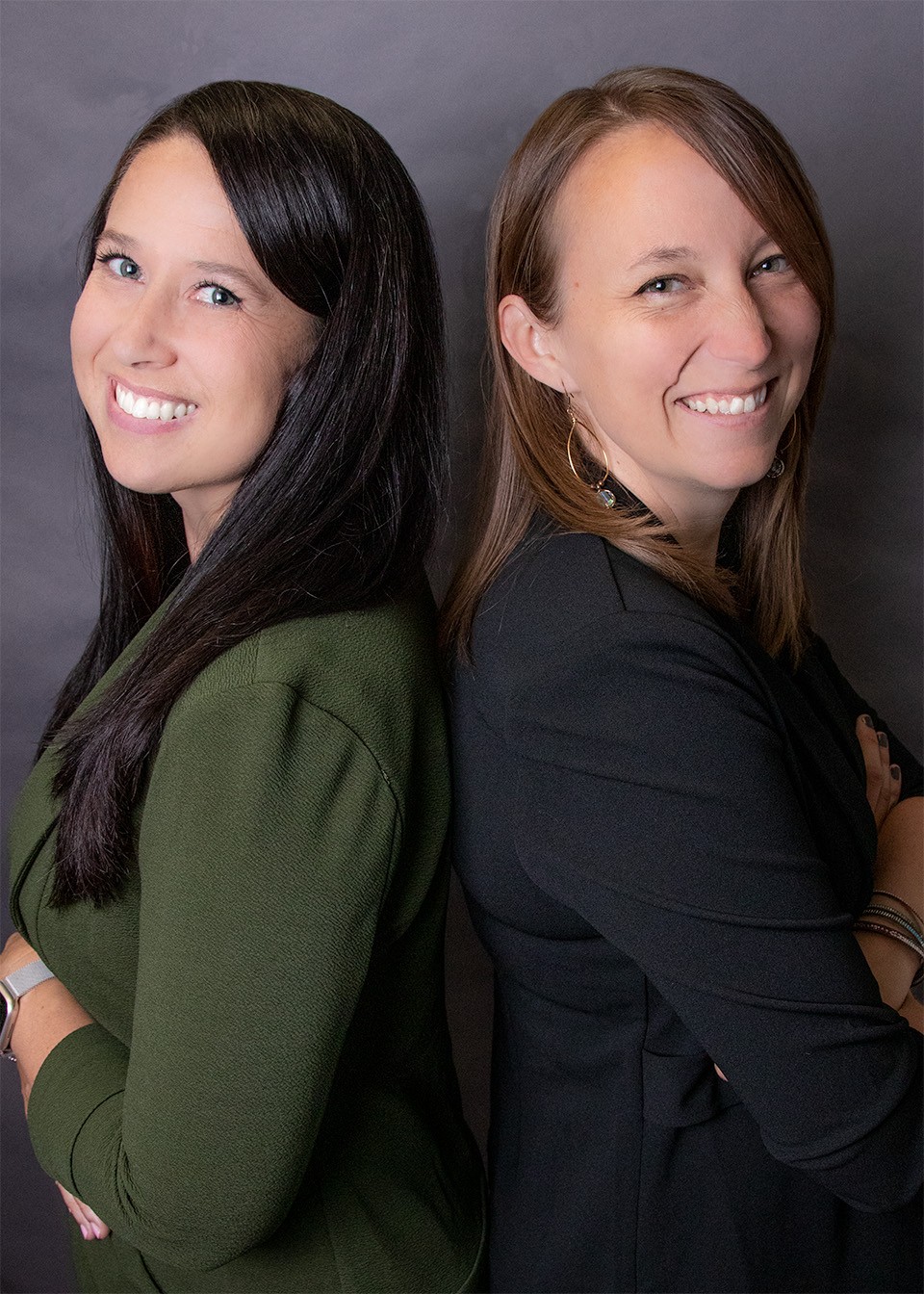Chelsea Walters & Jennifer La Borde, so great to have you on the platform and excited to have you share your wisdom with our community today. Communication skills often play a powerful role in our ability to be effective and so we’d love to hear about how you developed your communication skills.
Jen and I grew up in tight-knit families where open communication was encouraged. We also both have sisters, which we can agree is an incubator for constant chatter. It seems like each of us is in a never-ending conversation with each member of our immediate families. It only makes sense that we were drawn to a field that is all about expression and reception. In our 12 years working together, we’ve learned that, like a muscle, communication strengthens and expands the more it’s used. Just like some plants only release pollen when a bee buzzes at the right frequency, we’ve had to adjust our own tones when talking to each other, our team, our mentors, and our patients to make our practice bloom.
Appreciate the insights and wisdom. Before we dig deeper and ask you about the skills that matter and more, maybe you can tell the readers about yourselves as individuals and what you do together now?
For me, I knew I wanted to be in a field where I helped people, initially thinking of teaching, psychology or speech therapy. Studying speech is how I was introduced to Audiology since verbal expression is only meaningful if it can be heard, and vice versa. After graduating from the University of Northern Colorado with a Speech-Language and Hearing Science degree, I tried both career paths, becoming a speech therapy assistant for a few years and then an audiology assistant. I fell in love with private practice audiology because of the relationships I could build with patients and the significant improvement I could make in someone’s life.
Jen’s interest started in the deaf community. She took an American Sign Language course in high school and became infatuated. She doesn’t get as much practice as she’d like and would never call herself fluent, but her ability to have deep conversations without sound is impressive. She first enrolled in the Speech-Language and Hearing Science program at the University of Colorado, intending to become an interpreter. Her direction changed once she discovered that her parents had hearing loss and gained experience in the hearing clinic at the University.
In the last 12 years working together, we’ve learned firsthand that “laughter is the shortest distance between two people.” Whether it’s the audible sound of us laughing together (or crying), the sounds we share create an invisible thread that ties us together. That’s true for most people. When someone loses that line to the relationships that are meaningful to them, it impacts more than their communication. Research shows that it can increase loneliness, the risk of dementia, and more. While sound can’t be seen, it can be felt. We do more than enhance communication when we improve a client’s hearing. We take that responsibility seriously.
The practice was founded in 1963. At the time, hearing devices were tuned with a screwdriver! A lot has changed in 60+ years. However, our longevity as the neighborhood hearing center has provided a solid foundation from which to grow. Updating equipment and procedures has been our priority. Most private practices perform hearing tests and provide hearing devices. Few follow clinical best practices for audiology when taking care of their clients. We are proud to say that has changed since we became practice owners. We have evolved from letting the question “Does that sound better?” guide a patient’s journey with better hearing. We follow an evidence-based protocol and ensure our patients receive their desired outcomes.
This means that we not only test our patient’s hearing regularly but also their technology’s performance. Moisture, heat, dust, and ear wax wear down a hearing device over time. We don’t wait for the patient to tell us the hearing aid is weak or dead to fix it. We test it annually at a minimum and proactively change parts or initiate repairs before they become a problem. It also means that when a client invests in new hearing instruments that we measure everything. We first use live speech mapping to verify that our client’s devices meet their prescription. Once the tuning process is completed, we compare their hearing performance in noise with and without their hearing aids. It sounds crazy to say that these types of services are unique in our field, but they are. We are proud that we take no shortcuts when reviving the sounds that matter most to our patients.
Services we offer include:
Comprehensive Hearing Evaluations
Hearing & Tinnitus Treatment
Digital Ear Scanning for Custom Ear Products
Redux Moisture Removal Treatments for Hearing Technology
Electroacoustic Analysis to Test Hearing Device Performance
Real Ear Measurement
Custom Hearing Protection
There is so much advice out there about all the different skills and qualities folks need to develop in order to succeed in today’s highly competitive environment and often it can feel overwhelming. So, if we had to break it down to just the three that matter most, which three skills or qualities were the recipe for your success?
By the time I joined the Family Hearing, Jen had been with the practice for 6 years. We worked in different locations and were both successful, but through very different approaches. Even our DISC assessment scores look like yin and yang. While we respected each other, we didn’t always understand each other. When considering a partnership, Jen shared this with her then-boyfriend, now-husband, whose response was, “Why duplicate what you can complement?” It’s taken us time to intentionally live that philosophy, but he was right. We don’t always agree on how to achieve a result, but we defer to the other’s forte. Truly understanding our distinct identities and regularly pointing out the differences in perspective has benefited the practice, our team, and us as individuals.
That knowledge has wielded a unique quality from each of us. One of our predecessors in practice ownership, Dr. Christopher Schweitzer, summed it up best. Jen is earth, and I am air. Jen keeps us firmly grounded in our roots. When a question comes up for the practice, she always answers it from a “Is this in line with who we are?” perspective. She is like a compass, always guiding us home. I, however, am the wind in the sails. I am looking ahead and asking, “What change should we make next?” Our core natures have tugged and pulled our practice and each other into what we are today.
Who is your ideal client or what sort of characteristics would make someone an ideal client for you?
Our ideal client is someone looking for high-tech meets high-touch care. We build relationships with our patients so that we can tailor their care to meet the needs of their unique identity and hearing. We are still the neighborhood hearing clinic where you can walk in, be greeted by name, and receive same-day service. At the same time, we leave no stone unturned in providing our clients the hearing they deserve with best-in-class technology and evidence-based care. Whether you value one of those traits or both, you will be blown away by the Family Hearing experience. For those who aren’t getting the desired results, I encourage you to see what working with our skilled clinicians can do for you.
Contact Info:
- Website: https://www.familyhearingco.com/
- Instagram: https://www.instagram.com/familyhearing1/
- Facebook: https://www.facebook.com/FamilyHearing/
- Linkedin: https://www.linkedin.com/company/79280204/admin/feed/posts/
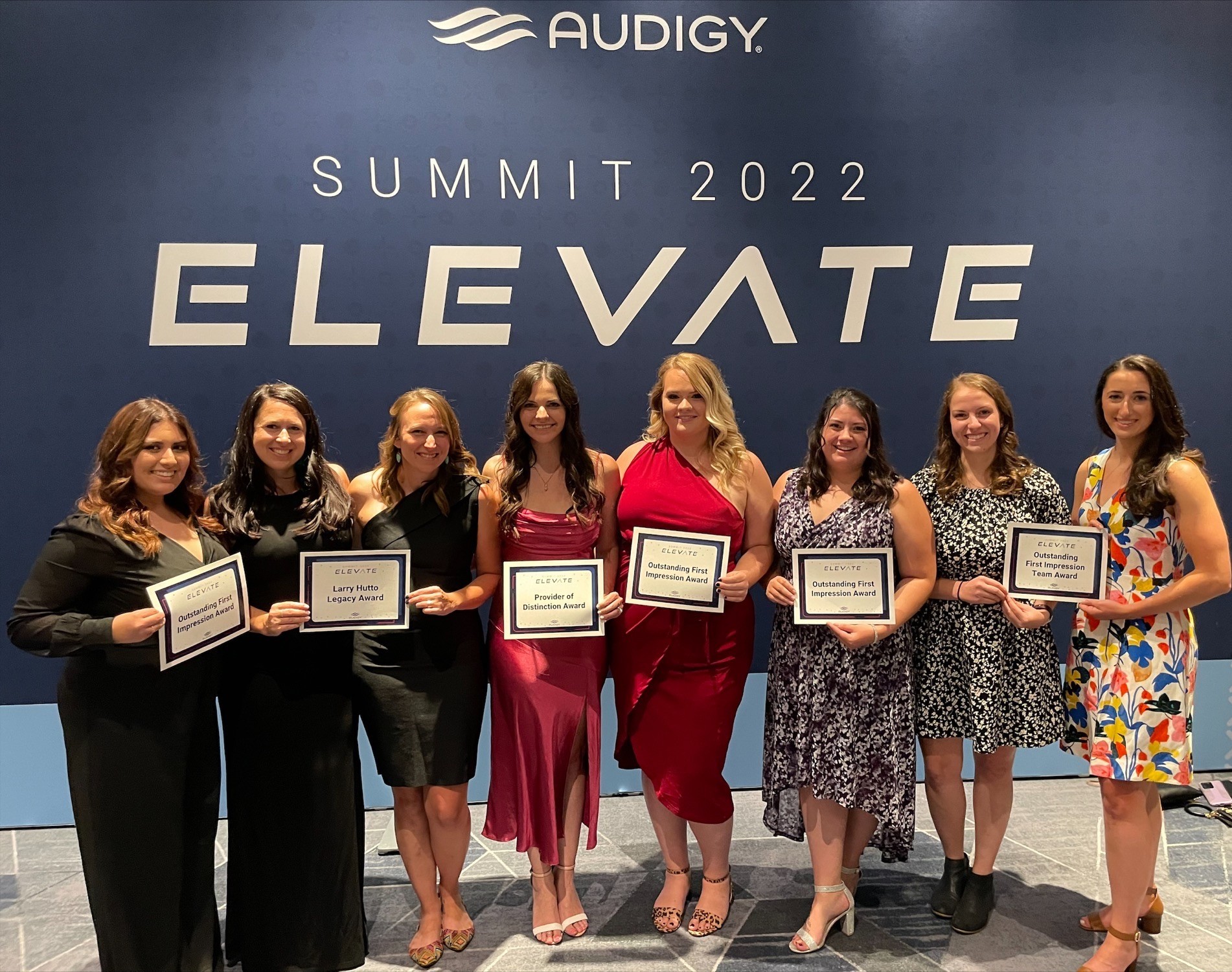
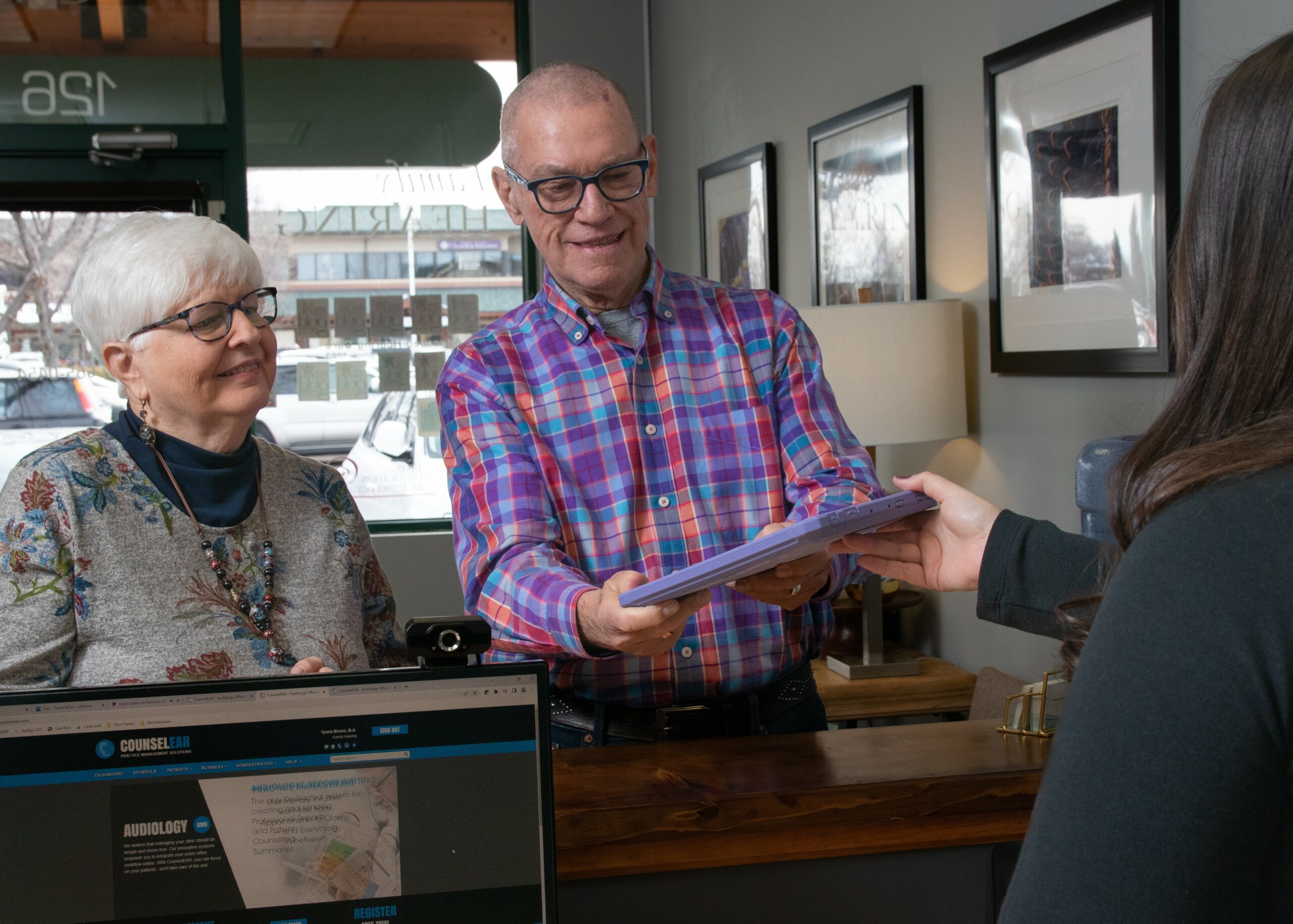
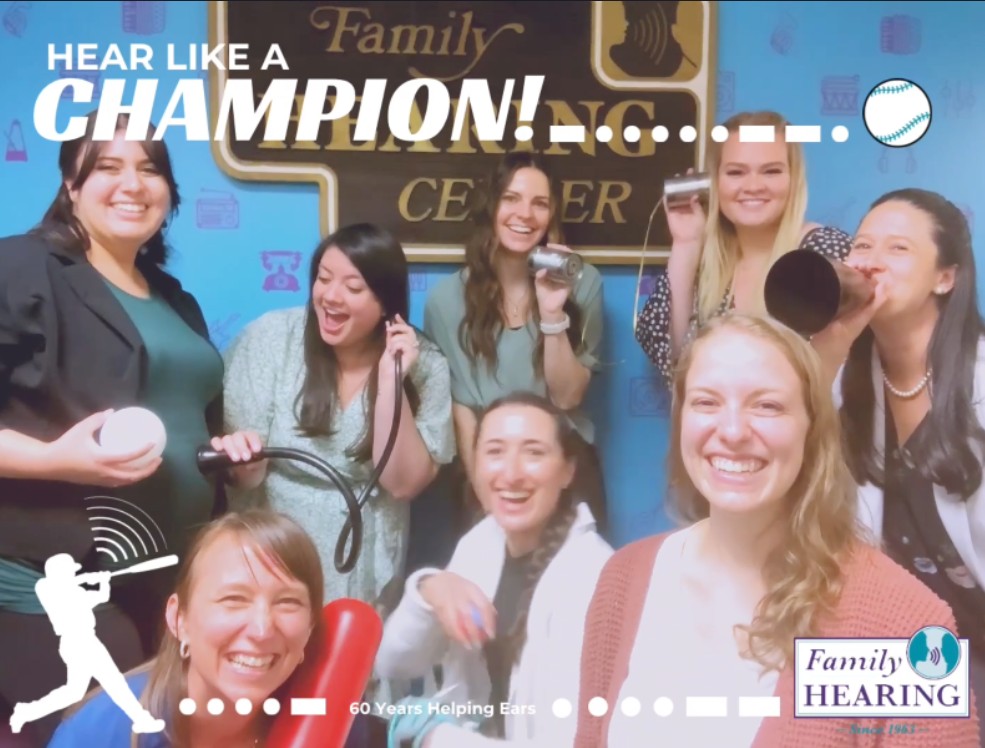
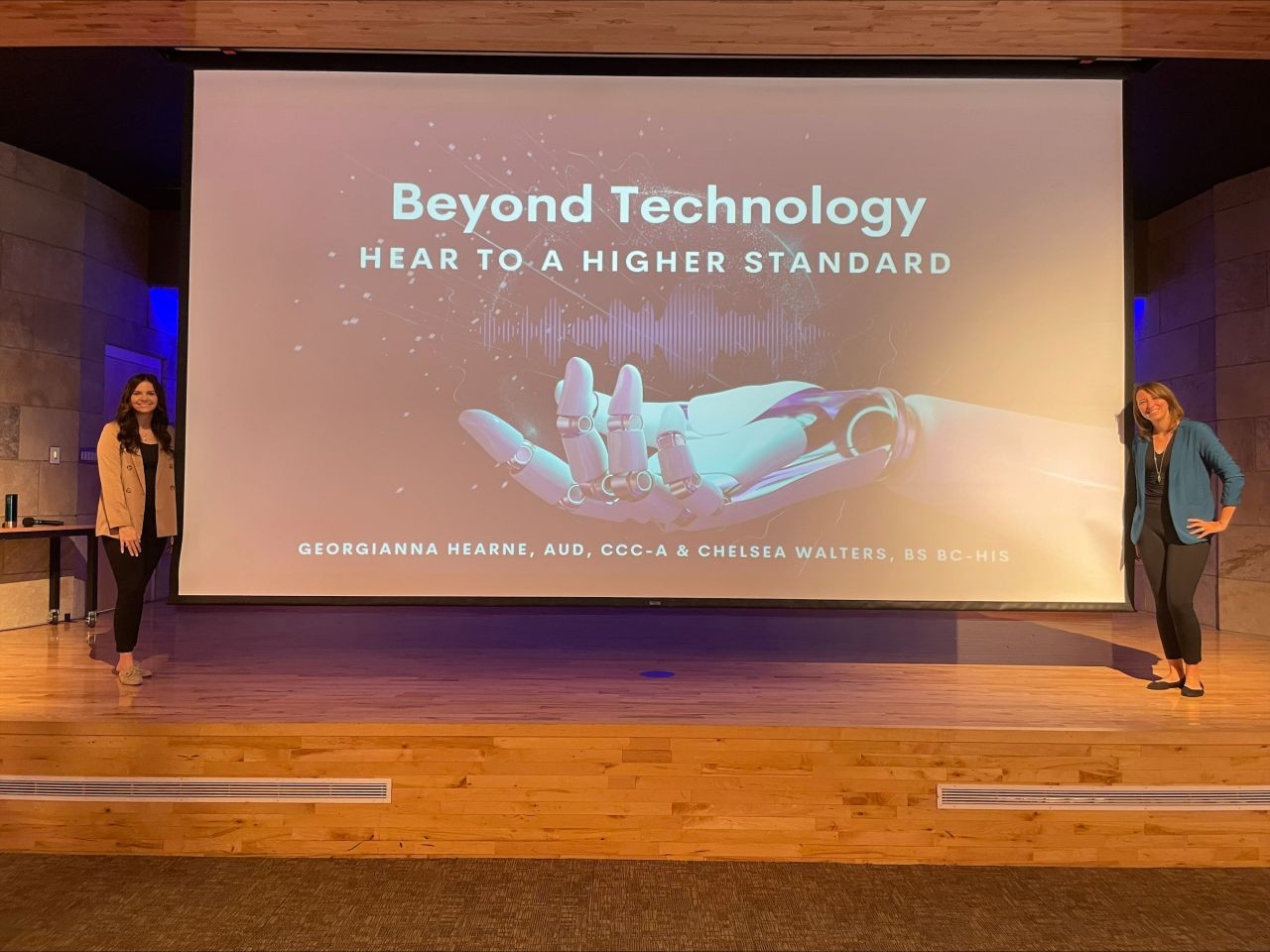
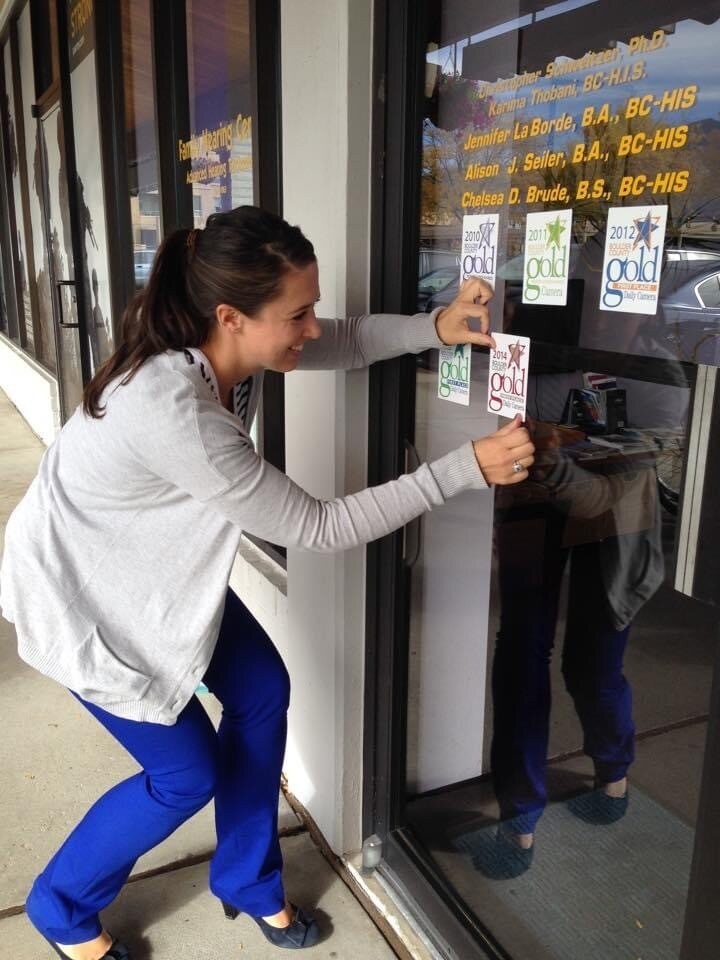
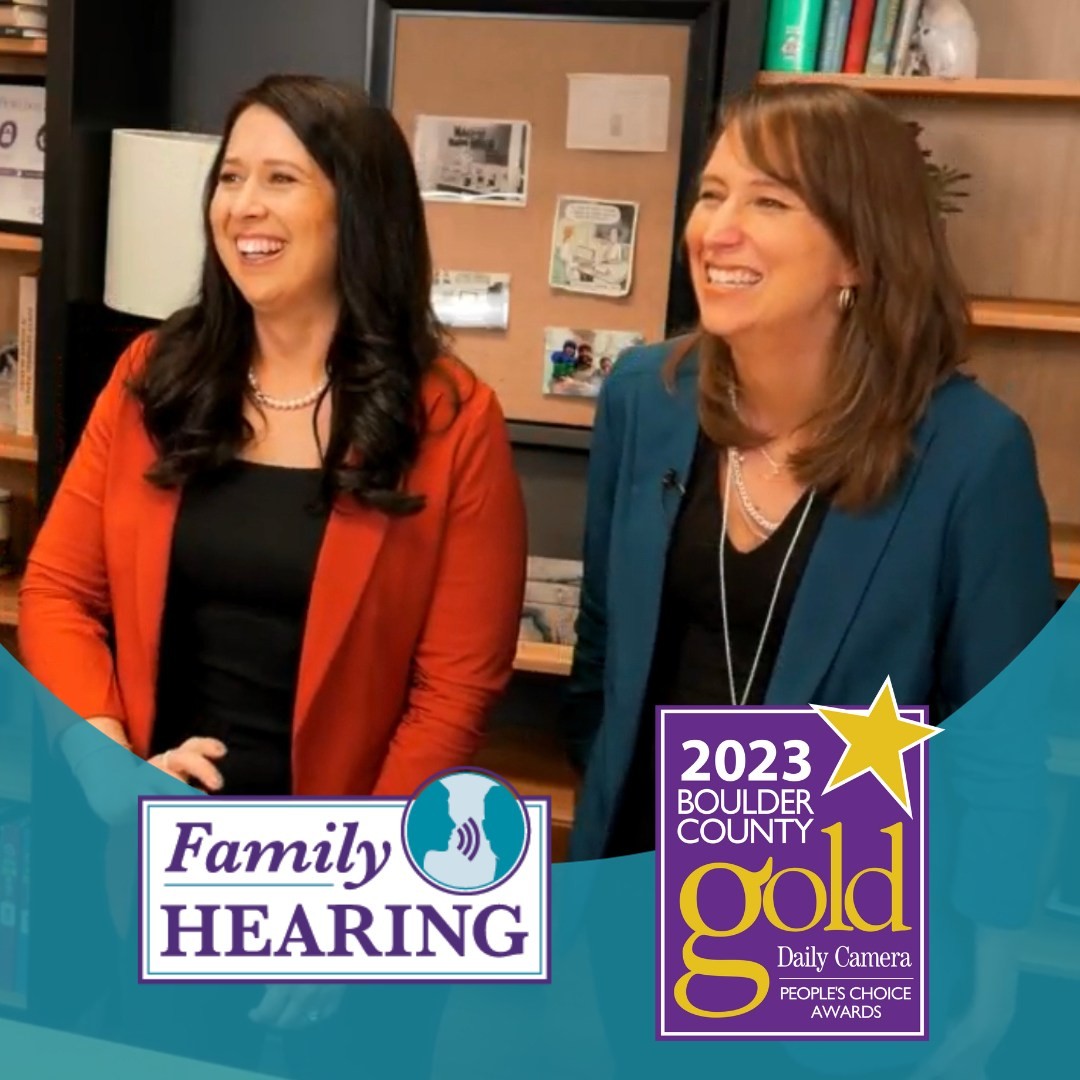
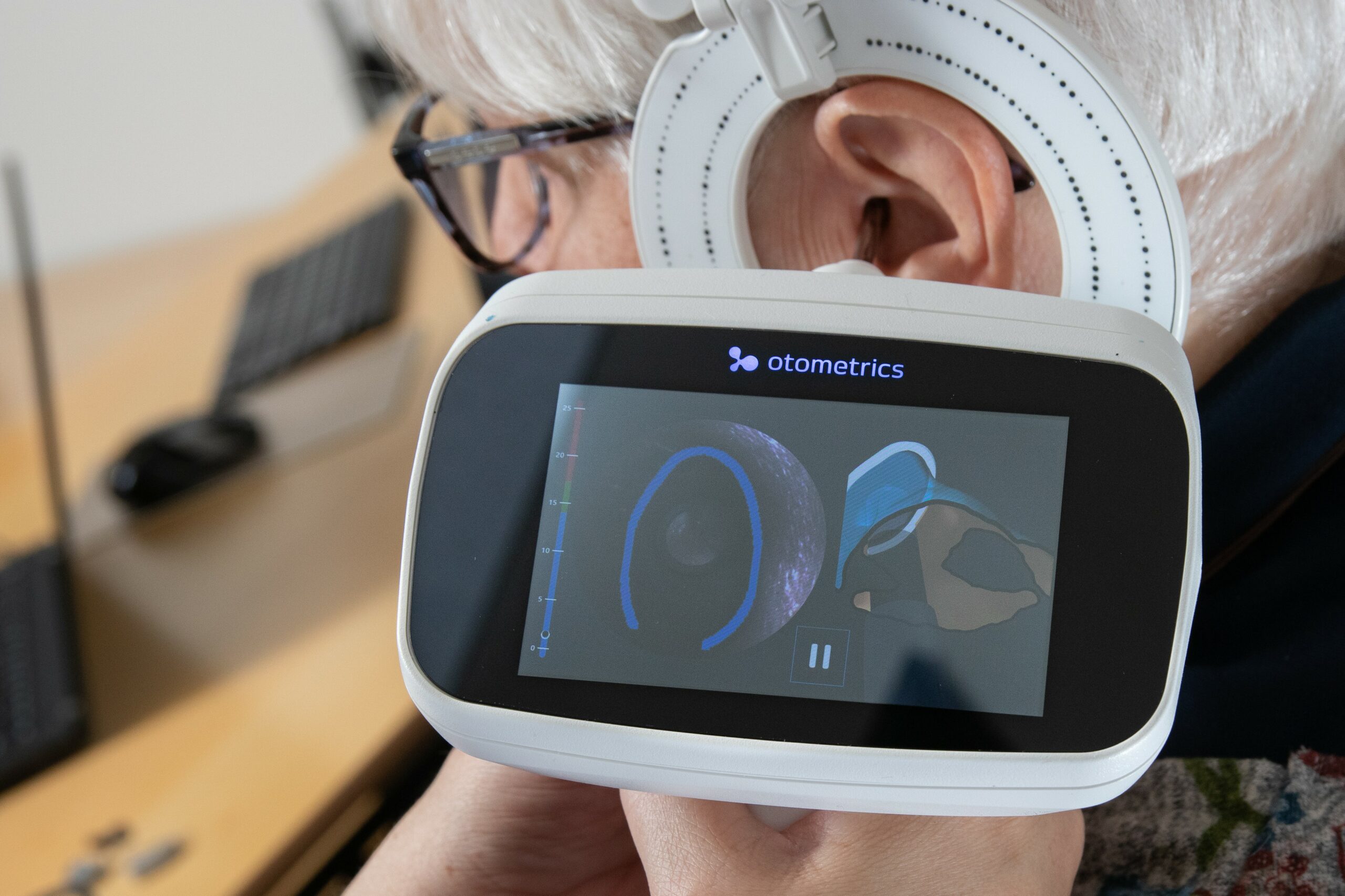
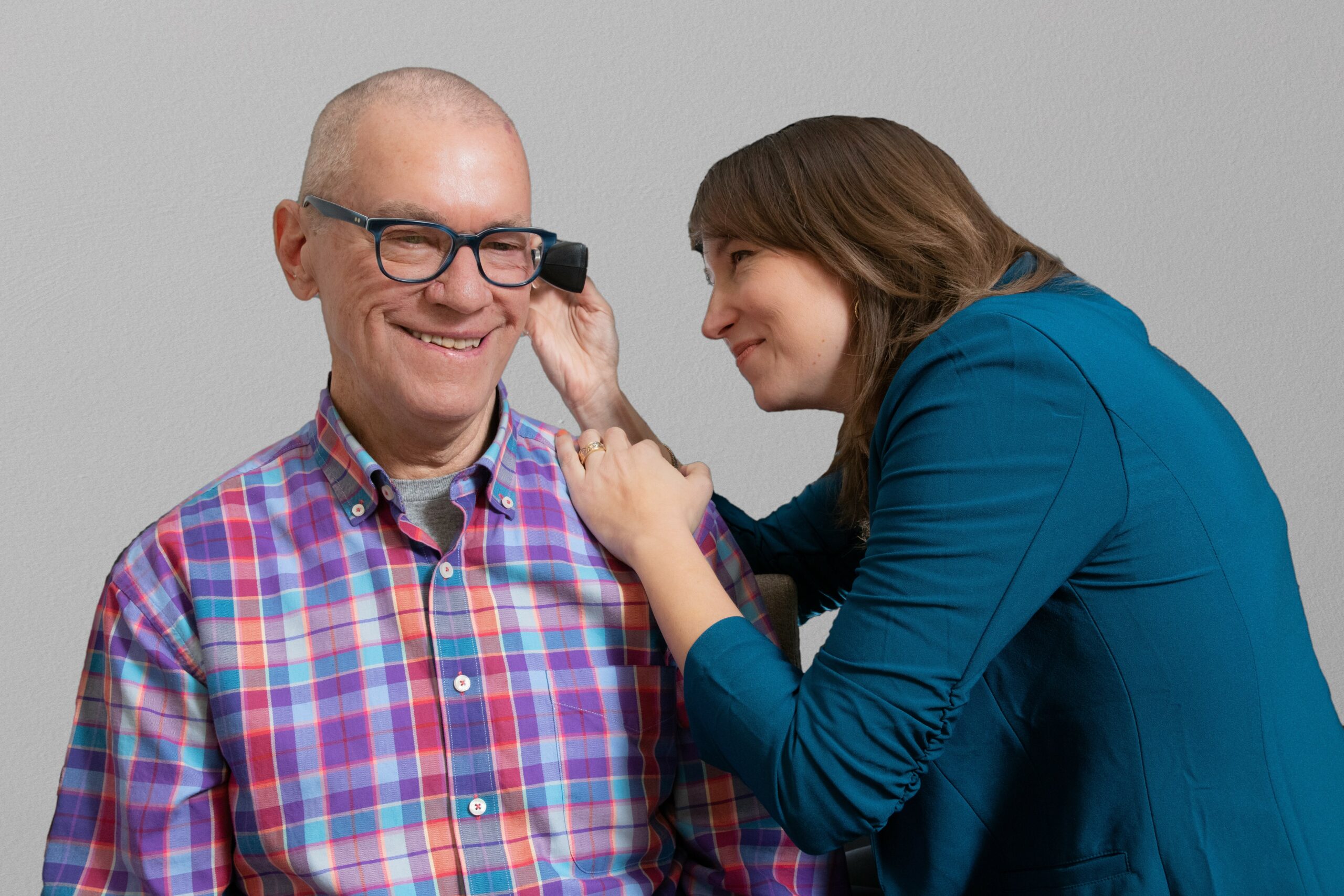
Image Credits
Amanda May, Tom Parkin

